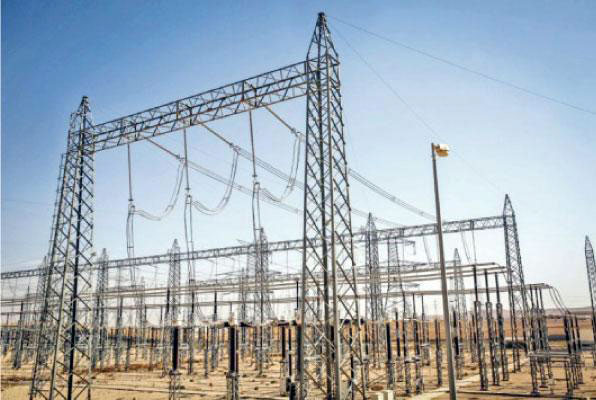AMMAN — The value of the “electricity loss” witnessed in Jordan this winter was not added to citizens' electricity bills, two energy sector officials said on Friday.
The officials said in press statements to the Jordan News Agency, Petra, that no financial costs were added to electricity bills due to the “loss”, given that electricity tariff rates have not changed since February 2015.
The officials stressed that the electrical system in the Kingdom witnessed a change in consumption pattern during the current winter, “which recorded the highest electric load in Jordan's history”.
These statements came in response to news reports published on some websites claiming that the committee formed to study the difference in electricity rates concluded that the costs incurred by the electricity loss was charged to citizens.
The Energy and Minerals Regulatory Commission (EMRC) Chief Commissioner Farouq Hiyari said that the cost of electricity loss was not charged to the monthly electricity bills, which are based on two factors: The amount of consumption recorded by meters and electricity tariff rates.
He said that adding any costs to individuals' electricity bills requires changing the electricity rates, adding that they have not changed for domestic consumption since February 16, 2015.
"We therefore deny that the monthly bills have seen any added costs resulting from electric losses or other costs," said Hiyari.
For his part, Director General of the National Electric Power Company (NEPCO) Amjad Rawashdeh said that the volume of electricity distributed to companies increased during the current winter season.
During this winter, the electrical load reached its highest on record at 3,630 megawatts (MW), an increase of about 250 MW compared with 2019, which is sufficient to power 80,000 to 100,000 houses, according to Rawashdeh.
Rawashdeh also said that electricity consumption increased during the months of December, January and February by 25 per cent compared with the previous three months of September, October and November.
He added that this is a “clear indication” that the volume of electricity that was generated and distributed was “completely consumed".
Rawashdeh said that the consumption pattern in the Kingdom follows a seasonal trend, adding that consumption is at its lowest in the spring and autumn, and increases in summer and winter.
He said that the electrical loads for homes usually show an increase during the winter, and remain stable in the industrial and agricultural sectors.
The Lower House's joint financial committee, which includes the energy and mineral resources and the financial committees, will begin discussions of a report issued by the committee designated to examine complaints about the increase in monthly electricity bills during 2019-2020.
Audit Bureau President Assem Haddad said in an interview on the "60 Minutes" programme broadcast on Jordan TV on Friday evening that the bureau joined the joint Lower House committee in studying the values of electricity bills.
